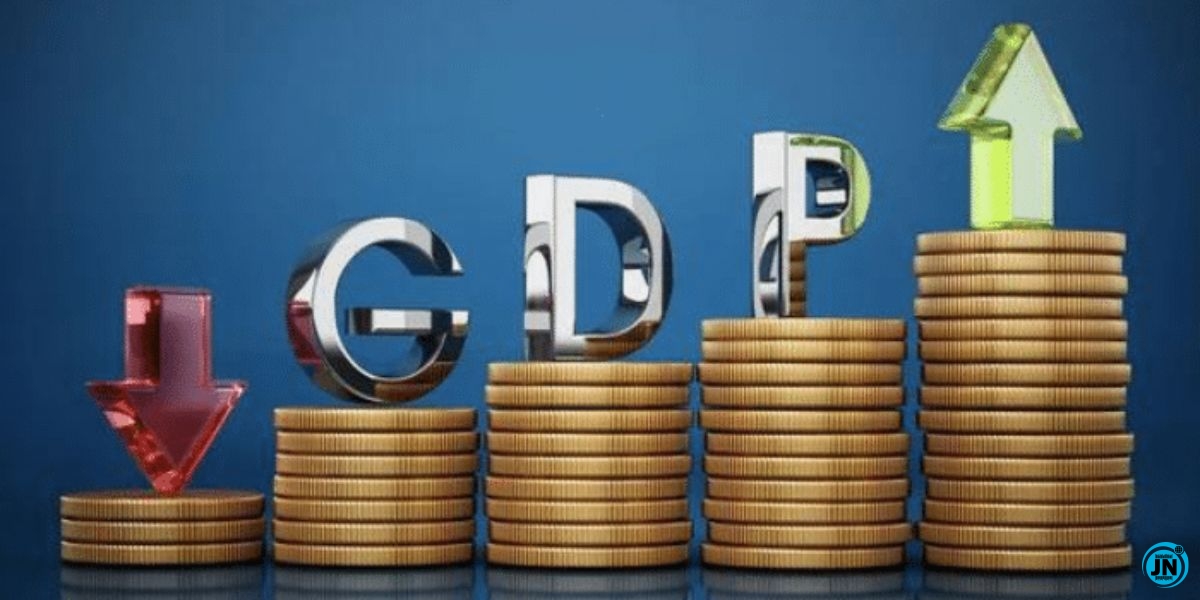
The Nigerian Economic Summit Group (NESG) has forecasted an impressive 5.5% increase in Nigeria's Gross Domestic Product (GDP), a projection based on the expectation of effective and sustained policy reforms. This optimistic outlook was revealed during the presentation of the NESG's 2025 Macroeconomic Outlook, a crucial document aimed at analyzing and predicting the economic direction of the country.
Dr. Olusegun Omisakin, the NESG’s Chief Economist and Director of Research & Development, highlighted the potential for Nigeria's economy to grow significantly if the right reforms are implemented efficiently. Omisakin conveyed that this growth target of 5.5% is achievable with a focused approach to reforming the country's economic policies. He remarked, "At the optimal level, if we embark on more efficient policy reforms, the Nigerian economy has the potential to achieve a GDP growth rate of 5.5%, and we believe this is achievable." The projection underscores the vital role of consistent and impactful policy implementation in driving economic development.
This forecast has sparked optimism among stakeholders in Nigeria's economy, even as it highlights the importance of addressing structural challenges. The NESG’s report reflects a long-term vision for the Nigerian economy, underscoring how continued investments in sectors like agriculture, infrastructure, and telecommunications could help stimulate the necessary growth. Dr. Omisakin also called for increased collaboration among government, business, and civic leaders to ensure these projections are realized and not relegated to theoretical status.
Meanwhile, Deputy Senate President Barau Jibrin has echoed the need for economic growth to be translated into practical benefits for everyday Nigerians. Speaking at a Senate plenary in December 2024, Jibrin emphasized that GDP growth should not only be measured in numbers but also reflected in tangible improvements in people's lives. Addressing the joint committees on Finance, National Planning, and Economic Affairs, Jibrin discussed the government’s commitment to ensuring that growth projections, like the one put forth by the NESG, are not just ambitious numbers on paper but real outcomes for the nation’s citizens.
During the same plenary session, Jibrin noted the government’s goal of achieving a 44.4% GDP growth by 2055, with a 5.5% target for 2026. He pointed out that these projections were achievable with proper investments in key sectors such as agriculture, infrastructure, and telecommunications. However, Jibrin also warned that the projections should not remain theoretical, stressing that concrete steps must be taken to ensure these goals are met. "This is a welcome development, but as I mentioned earlier, we must ensure these projections move beyond paper and become a reality," he said. His remarks reflect the growing demand for practical steps to follow up on promising economic projections and deliver real growth for Nigeria’s people.

